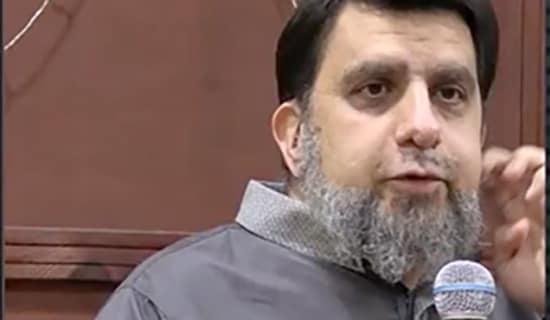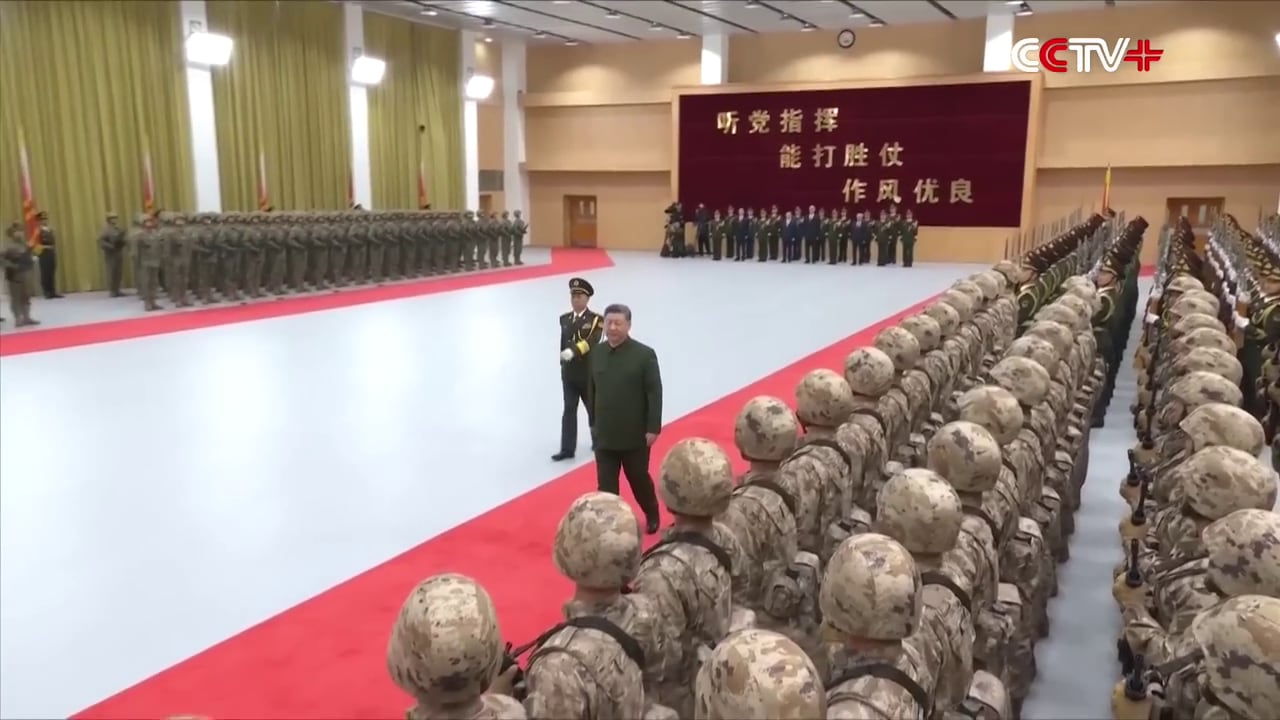
On May 20, 2020, the Iranian website etemadonline.com uploaded an interview with Heshmatollah Falahatpisheh, who on the same day concluded his position as a member of the Committee for National Security and Foreign Policy in Iran's Majles. Falahatpisheh said that he thought it was "interesting" that Iran's Supreme National Security Council had complained about him because he had suggested that a red telephone be established between Iran and the United States. Calling for financial transparency, he said that many Majles members have been involved in financial violations, embezzlement, and corruption despite having many potential Majles candidates who would have been better suited for the position, and he bemoaned the fact that there are always corruption trials taking place in Iran. In addition, he defended his positions regarding foreign policy, saying that for him, national interests have always come first.
Heshmatollah Falahatpisheh: "I found it interesting that the Supreme National Security Council – it is led by (President) Rouhani and its secretary is Mr. Shamkhani – has complained about me several times because I was interviewed. I said many times that Iran and U.S. are in no position for negotiations. But I did say that a 'red table should be established, a red telephone between both sides so that they will both remain up-to-date on each other's moves. There are many parties that have suffered as a result of American or Iranian (actions) and as such they may want (Iran and the U.S) to fight each other – ISIS, AL-Qaeda, and other players such as the Zionist regime and the Arab reactionaries that earn a living from Iran and America being in conflict with one another. They are reaping the fruit as a result.
[...]
"I said that (if this were the case), that civilians wouldn’t be victims of unintentional events. If there were (a red telephone between both countries), then the Ukrainian plane would certainly not have crashed and certainly many other things would not have happened. This is why they complained about me. What torments me is that some Majles members could not speak freely. What do you think is the role that the Guardian Council had in the shortcomings and flaws of the Majles and the strange things that sometimes happened there? (Guardian Council Secretary) Ayatollah Jannati said a few months ago that he has no hope with regard to the administrators. I was interviewed and said: 'Honorable Ayatollah Jannati, you also played a role in this and you are also one of the administrators in this country. After all, you are the one who approved or rejected candidacies – those who could have been (candidates) and those who are. The Guardian Council has its own mechanism and method and it should take responsibility for this.
[…]
"Personally, I see people in this country who have carried out extraordinary economic violations and who are still in (the Majles) and I think this is interesting. At the same time, I have seen some very pure individuals… As someone who studied at Tehran University from the age of 18 and I studied alongside the country's elite… Many of them did not get what they deserve. They were good people and it shouldn't have been this way, but the Guardian Council should take responsibility for this.
[…]
"I sat in the Border Patrol boats, and I saw how our soldiers are protecting our borders with boats that aren’t in very good shape. We did a good job increasing our border defense budget. In these fields, with regard to the defense budget… With regard to the missiles budget, I still think that we must look at it positively. With regard to foreign policy, we have tried to avoid radicalization. When I went to Syria, some people said that I cost Iran money. I repeat: Perhaps we gave another 20 to 30 billion dollars to Syria and we need to get this money back from Syria. This is the people's money that was invested there. When the FATF issue came up, I brought up some strict stipulations. Such as, support of the resistance groups and so on. But the principle that guided me was always that the people need to know where their money is being invested.
[…]
"Why are some people concerned? Why are they scared of financial transparency? More than any country in the world. (Iran) has lots of news about embezzlement and every day there are trials for corruption. I get nauseous, because every day, I get messages about big corruption trials. 'They spread corruption on Earth'. Do you want me to define that? They are people whose corruption has spread throughout this country. We are prosecuting people for this every day. So in this country, we need financial transparency.
[…]
"I am proud that with regard to foreign policy, our national interests have always come first in my eyes. I have defended everything that I thought was for the good of the country. I have never been scared of war. Many times, I have seen death with my own eyes, but I was afraid of war and death. With that being said, I think that under the current circumstances, every statement and every decision that brings this country close to war is an act of betrayal.
[…]
"We were in Portugal with the head and members of Portugal's national security committee, and we went to a certain location. We went towards Fatima. It is known there. We saw that the head of the committee was uncomfortable… The Portuguese are very conservative… He was holding his iPad, watching live as Trump tore up the JCPOA. It was live. We saw that the Europeans went pale. I started receiving texts in Persian and I read them to the members of our delegation. For example, I read that Trump said this and that the President of Iran wants to have an interview… Suddenly… I said to myself that the atmosphere must not get heavy, so the (Portuguese) don't think that we lost morale. I suddenly said: '(FM Javad) Zarif resigned!' Suddenly, (Majles member) Karimi Ghodoosi said: 'What? Seriously?' We burst out in laughter and said to (Majles member) Borouierdi and the others: 'Of course not! I was joking.' Karimi Ghodoosi said: 'You scoundrel, are you pulling my leg?' I said: 'No! We need to laugh so that they don't think that we lost morale because Trump tore up the JCPOA.' That was a very difficult year. I was a member of the Budget Council, and I know how difficult it was."












